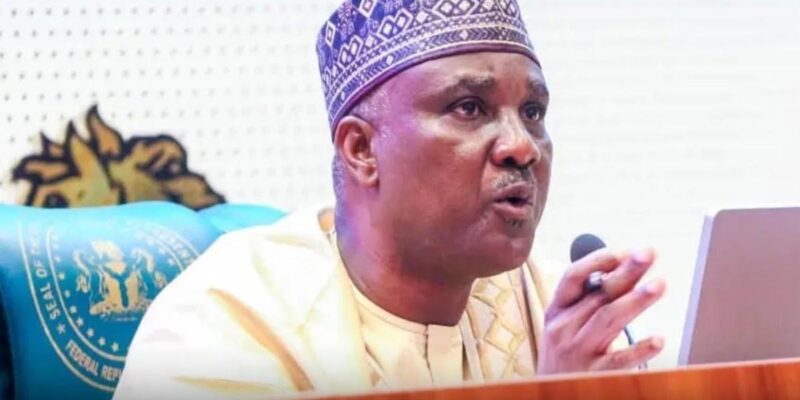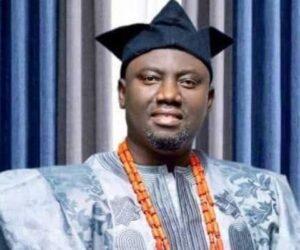The Speaker of the House of Representatives, Tajudeen Abbas, has denied reports that he condemned government borrowing, saying that his words were misquoted and taken out of context.
While speaking at the 11th Annual Conference and General Assembly of the West Africa Association of Public Accounts Committees, Speaker Abbas had raised concerns over Nigeria’s rising debt levels, describing the situation as “critical” and urging reforms in borrowing practices and oversight.
“As at the first quarter of 2025, Nigeria’s total public debt stood at ₦149.39 trillion, equivalent to about US$97 billion. This represents a sharp rise from ₦121.7 trillion the previous year, underscoring how quickly the burden has grown. Even more concerning is the debt-to-GDP ratio, which now stands at roughly 52 percent, well above the statutory ceiling of 40 percent,” Abbas said.
He described the situation as “not just a budgetary concern but a structural crisis that demands urgent parliamentary attention and coordinated reform.”
However, in a statement, his Special Adviser on New Media, Jowosimi Enitan, said that the Speaker’s remarks were misrepresented.
“For the record, Speaker Abbas Tajudeen, PhD, GCON, never condemned borrowing,” Enitan stated.
The Adviser further explained that the Speaker’s message at the conference, delivered through PDP chieftain MHR Babatunde Salam, stressed that public debt, if managed prudently, could be a tool for growth and development.
He added that the legislature’s role is to ensure that borrowed funds translate into tangible benefits for Nigerians.
Enitan also highlighted that President Bola Ahmed Tinubu is pursuing strategies to reduce reliance on borrowing through increased non-oil revenue, noting that Nigeria met its 2025 revenue target ahead of schedule without relying on loans.
“President Bola Ahmed Tinubu, GCFR, is already working assiduously to reduce reliance on borrowing through a robust non-oil revenue drive – proof of responsible fiscal management” he said. “For the first time in decades, Nigeria has met its 2025 revenue target ahead of schedule, without reliance on borrowing. This is proof that with discipline, focus, and courage, we can reduce dependence on external loans and secure our economic sovereignty.
“The Speaker’s call was not against borrowing, but for stronger oversight, transparency, and accountability so that debt translates into real development—roads, schools, hospitals, and innovation. Let it be known: oversight of public debt is a constitutional duty and a moral responsibility of parliament. This is about safeguarding Nigeria’s financial future, not playing to the gallery of mischief-makers,” Enitan added.





![BREAKING: By-election: Politician, INEC officials, others arrested with large cash in Ogun [VIDEO]](https://nnu.ng/wp-content/uploads/2025/08/inec-300x250.png)


